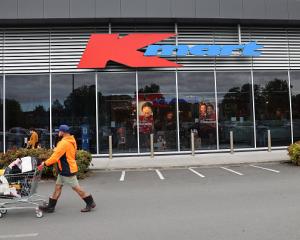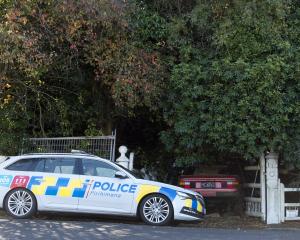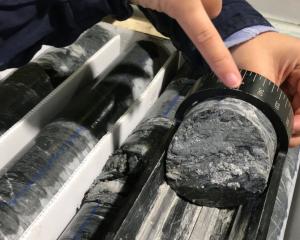- Hammer blow
- Southland faces ‘shattering impact’
- Despite devastation, community determined to support one another
- Opinion: Post-smelter plan must be readied
Chief executive Stew Hamilton said yesterday’s primary concern had been the announcement and "the people", while the next stage would be the detail.
Speaking outside the plant, he admitted it would not be easy.
"We've got a very complex, hazardous plant behind me, which is operating 24 hours a day, seven days a week.
"Once we look at what the wind-down of operations involves, we will further engage with our people and put in place a very extensive programme that’s tailored for each individual."

He did not answer questions about what a redundancy package may look like by deadline.
A letter leaked to the Otago Daily Times showed what "key messages" had been outlined to stakeholders.
"The aluminium market has been tough, and with such high energy prices, it makes it extremely difficult to be competitive. This was reinforced when NZAS reported in February 2020 that Rio Tinto made an underlying loss of $46million from the smelter in 2019."
Under "What will happen next?", the letter said:
"We will work closely with partners as detailed planning is undertaken to wind-down operations and eventually close the smelter."
Mr Hamilton said it was "extremely disappointing" a decision could be not reached that would have resulted in a different outcome.
That was despite an intensive nine-month negotiation process, he said — and for him it was personal.
"Understandably, people are devastated. Devastated for themselves, for their team mates, [and] for family members and for the wider Southland community.
"I'm devastated, I'm devastated for our people.
"We've got 1000 great Southlanders that are proud to be operating a world-class facility and it’s a really difficult day and time for them.
"We have been here for nearly five decades producing a world-class product and contributing to New Zealand’s economy, and it is devastating for us and certainly a difficult period for us to manage through."












